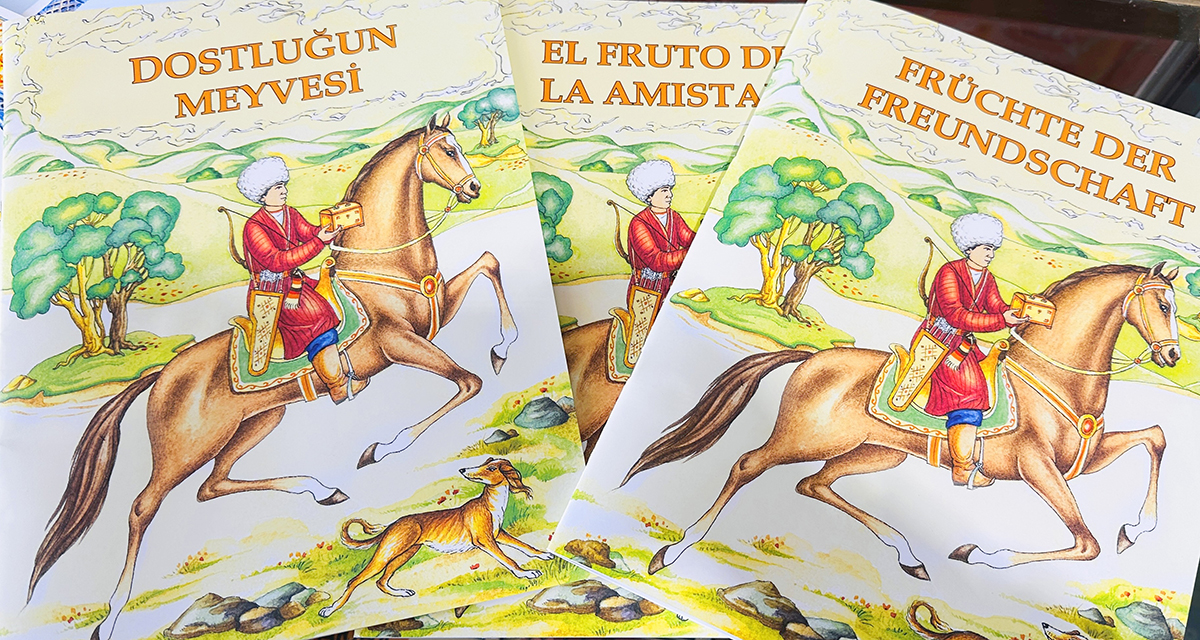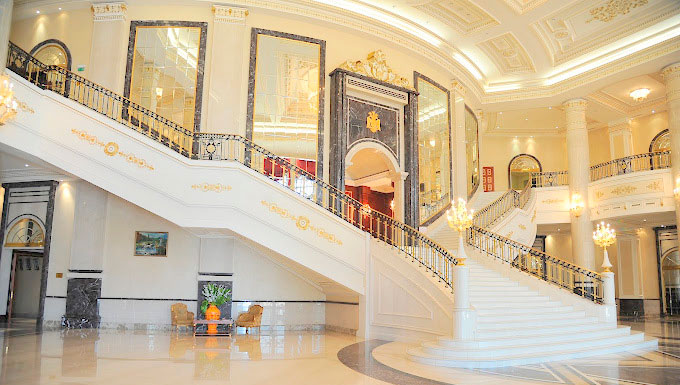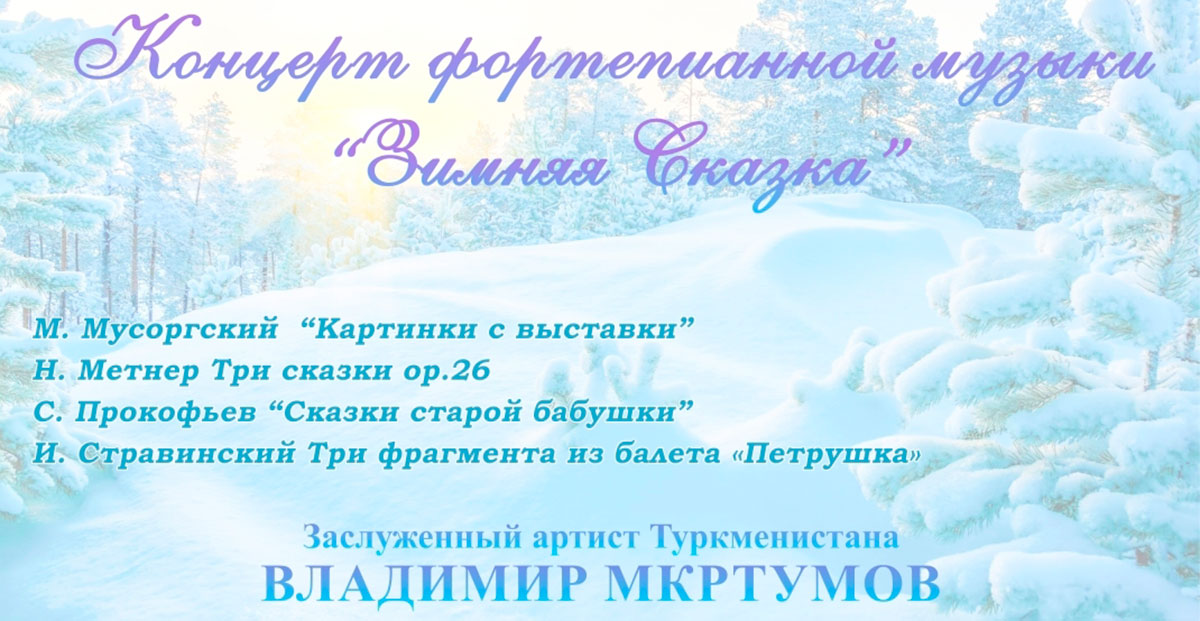On the Day of Revival, Unity and Poetry of Magtymguly Fragi in a solemn ceremony to commemorate the 300th anniversary of his birth classic of Turkmen literature and in his honor in the foothills of the Kopetdag a new cultural and park complex of the capital was opened. Symbolically that this large-scale object, besides a majestic monument Magtymguly, includes an alley of famous poets and thinkers different countries and eras, which emphasizes its significance in the context friendship of peoples and the unity of the cultural heritage of mankind.
There are 24 monuments installed on the territory of the park complex world-famous writers and poets from around the world. The editors of "Golden Age" considered it correct, if possible, introduce the reader, especially children and youth, to the life and work of outstanding personalities, whose monuments decorate Magtymguly Alley. This is also important because some of geniuses of their time presented here, visited Turkmenistan. "GA", publishing information about them, does not in any way claims to provide complete coverage of materials about a particular person, especially since many of them, after a large number of time, not much information has survived.
Our short story today about the author of “The Knight in the Tiger skin" by Shota Rustaveli.
Shota Rustaveli - the great Georgian poet of the 12th century, author of the poem "The Knight in the Skin of the Tiger", one of the greatest works Georgian literature. Biographical information about the poet is extremely meager. There is still no exact data on the dates of birth and death poet, about his origin. The life and strange death of the poet are shrouded in secrets and legends - biographers are still arguing. Poet, artist, monk, treasurer Majesty or the beloved of Queen Tamara?!
Shota studied in Greece, then was the treasurer of Queen Tamara. This was the time of Georgia's political heyday and the rise of lyrical poetry. Familiar with the poems of Homer and the philosophy of Plato, theology, the beginnings of literature and rhetoric, Persian and Arabic literature, Rustaveli devoted himself entirely to literary activities. With a high degree of probability it can be assumed that the Rustaveli family belonged to the aristocracy because Shota served as the royal treasurer (in the 12th century such a position was completely unavailable to subjects of lower birth).
Rustaveli’s education is more clear: he studied in Greece, was I am well acquainted with Arabic and Persian literature. Except poetic gift, Rustaveli had artistic talents, he participated in the painting of the temple. The poet’s life occurred during the reign of the great Queen Tamara, who patronized literature. Treasurer Rustaveli accompanied Tamara on numerous trips and, according to legend, was hopelessly in love with her. One day the queen gave the poet a gold pen for his poetic merits. From then on the young man always carried a gift the queen's hat and did not agree to sell it for any money. The date and circumstances of the death of Shota Rustaveli are unknown, there are different versions.
As for the content of the poem, it is an all-time classic, understandable to each: the king of Arabia, for lack of a son, enthrones only daughter Tinatina, in love with the fearless commander Avtandila. Around a love story and knightly deeds on the field the whole plot is tied up in abuse. The poem "The Knight in the Tiger's Skin" became a monument of world literature that glorifies eternal values: patriotism, love, friendship. The work is permeated with ethnic color, many call Rustaveli the Georgian Shakespeare.
Full translations of “The Knight in the Tiger’s Skin” are available in Russian, German, French, English, Arabic, Azerbaijani, Armenian, Belarusian, Ossetian, Spanish, Italian, Ukrainian, Chinese, Kurdish, Persian, Japanese, Chuvash, Polish, Hebrew, Hindi and other languages. In Russian There are 5 complete poetic translations of the poem. The name of Rustaveli was given to the Georgian Drama Theater, Theater Institute in Tbilisi. Many cities around the world are named after him Avenues, streets, metro stations and other cultural sites are named. One of the peaks of the Bezengi Wall of the Caucasus is Shota Rustaveli Peak.








